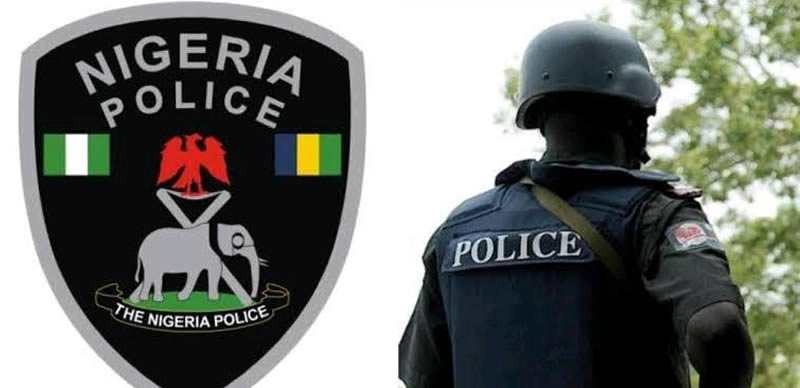
The PSPF and RULAAC, rising from a meeting in Awka, on Thursday, where it reviewed the state of security and human rights activities in Anambra State, insisted that the whistleblower be given a fair and open trial.
Emeh, a serving National Youths Service Corps member, who was serving as an IT consultant to the Anambra State Police Command, and attached to the Rapid Response Squad, Awkuzu, has been accused of hacking into a suspect’s account and stealing the sum of N47million from the account.
The Commissioner of Police in the state, Echeng Echeng, disclosed this during a press briefing in Awka last Friday, adding that the whistleblower is in police custody since he was arrested and his case is already before the Federal High Court.
Reacting to the development in a communique, after the meeting, signed by the coordinator of the Anambra PSPF, Prince Chris Azor, and the Executive Director, RULAAC, Mr Okechukwu Nwanguma, the groups said, “Although the police had claimed that the case is now in court, having filed charges against the accused, he remained in police custody more than two months after he was arrested.”
The various participants also called on the Inspector-General of Police to make public the findings of the panel he set up which investigated the allegations against the police officers accused of organ harvesting and extrajudicial killings in Anambra and to also put them on trial if they are indicted.
The statement partly read, “It was observed that in late April, more than one month after he was taken into custody, the Commissioner of Police, Anambra State, Mr Echeng Echeng, addressed a press conference in Awka where he reeled out additional charges against Nnamdi Emeh without giving details, and said that the case was now in court.
“There were also reports in early March that the Investigative Panel set up by the IG to investigate these allegations, which met in an undisclosed location, had submitted its report to the IG after two months, but the outcome of the investigation has yet to be made public up till date.
“Although police authorities in Anambra State claimed that the case is now in court, having filed charges against Nnamdi Emeh, he remains in police custody more than two months after he was arrested, and yet to be brought to court.
“The meeting was of the view that even as civil society welcomes the decision of the Nigeria Police Force to eventually charge Nnamdi Emeh to court – as long as he would be accorded fair trial based on the charges brought against him by the police – civil society equally calls on the Nigeria Police to make public the outcome of the investigation of the allegations against the accused police officers and to also put them on trial.”
The groups also expressed concern over the grave allegations levelled against the Commander of the Rapid Response Squad, CSP Patrick Agbazue; the Police Public Relations Officer, Zone 13 Police Headquarters, Ukpo-Dunukofia, SP Nwode Nkeiruka; Inspector Harrison Akuma of the RRS and others who were allegedly involved in a cartel that carries out routine arbitrary arrests, unlawful detention, torture and execution of detainees in their custody, converting and stealing their money and other valuables and harvesting their organs for sale.
“We note that in February 2023, the Inspector-General of Police had, following this startling revelation by the whistleblower, empanelled a team of police investigators to investigate the allegations.
“The accused police officers were invited to the Force Headquarters and allowed to go back to their posts the same day.
“We observed that the CSOs had called for the suspension of the officers pending the conclusion of investigation to ensure they do not interfere with investigation, but this did not happen.
“The IG also promised to reorganise the Anambra RRS. We are not aware that this has happened,” the groups added.
The meeting was facilitated by RULAAC with support from the Open Society Initiative for West Africa.
In attendance were members of community-based organisations and other civil society organisations, religious and traditional leaders, some survivors and family members of victims of police abuse, representatives of government agencies, including the National Orientation Agency, the National Human Rights Commission, legal practitioners, women groups, youth, associations, the media, and other stakeholders.
About 35 participants drawn from these constituencies were in attendance.





